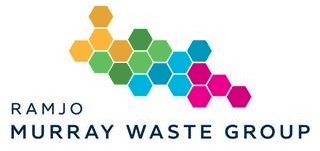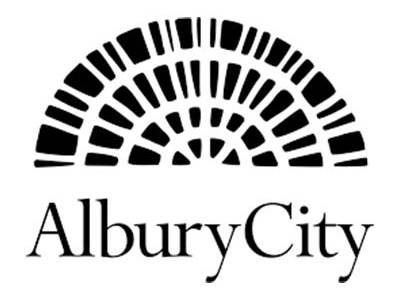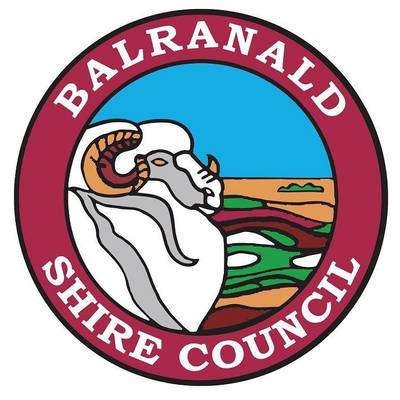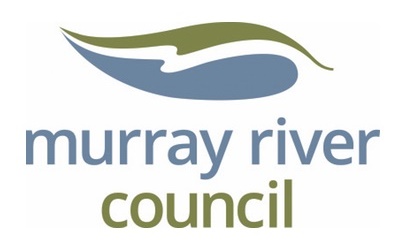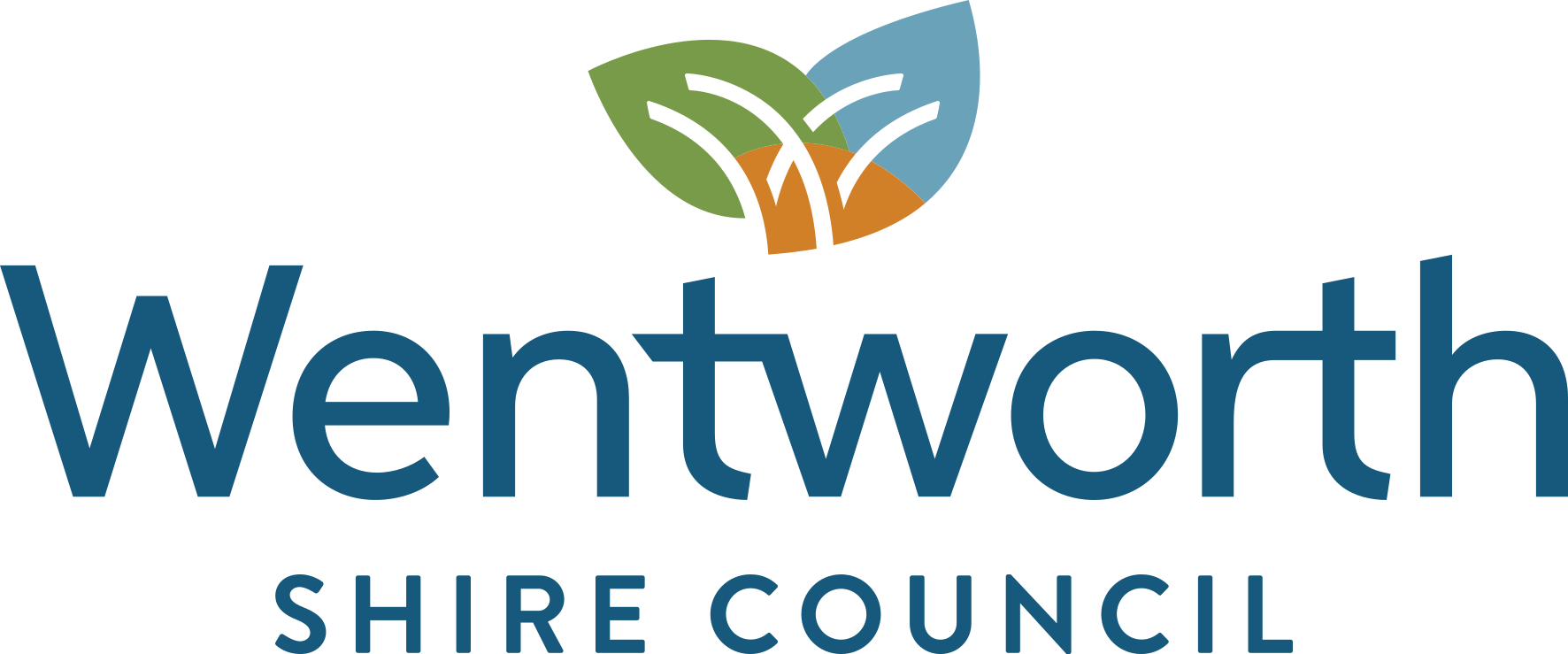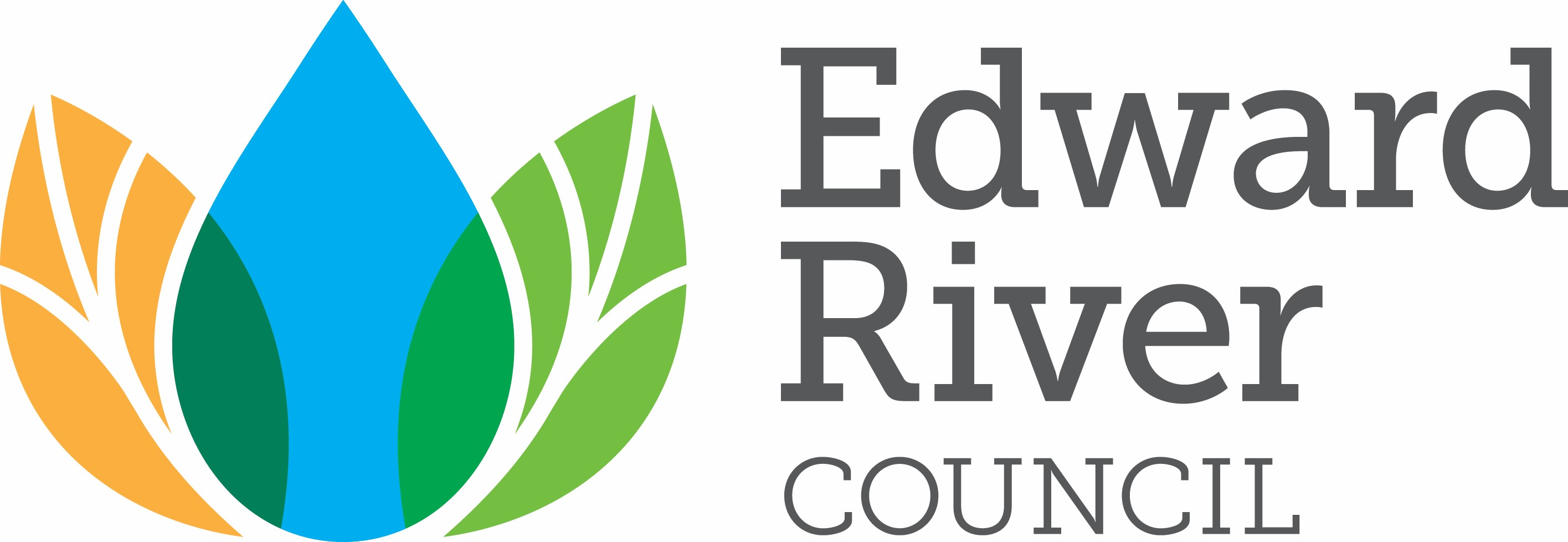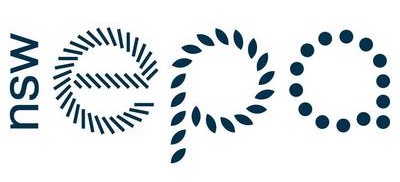Welcome to RAMJO Murray Waste Group
The RAMJO Murray Waste Group is a regional group of councils working together to develop cost-effective resource recovery and waste reduction programs.
The group has a collaborative approach to waste management across:
- Albury City Council
- Balranald Shire Council
- Berrigan Shire Council
- Edward River Council
- Federation Council
- Murray River Council
- Wentworth Shire Council
From identifying key projects and priorities for current future services, developing infrastructure and delivering educational programs, our team is on a mission to help residents in our communities reduce waste, improve sustainability and save money.
The Murray Waste Group is auspiced by the Riverina and Murray Joint Organisation (RAMJO) and funded primarily through the NSW Environment Protection Authority (EPA).
In Murray Waste Group news…
Combining maggots and robotics in commercial waste reduction
One of RAMJO Murray Waste Group’s councils, AlburyCity, is combining maggots and robotic technology to manage commercially generated food waste.
As part of the fascinating project, a unit the size of a shipping container is being installed at the Albury Waste Management Centre to process and recycle packaged commercial food waste.
The product is mostly expired food packaging along with commercial food waste sourced from large food generators.
Innovative Sunset on Solar Project
The Sunset on Solar project aims to divert end of life solar panels from across southern NSW landfills for further processing.
RAMJO member councils – Murray River, Griffith, Hay, Federation, Berrigan, Leeton and AlburyCity – are involved in the project which will aim to recycle approximately 7,500 panels during its timeframe.
Types of Household Waste
Organic waste
Organic waste includes food scraps, paper-based products and general garden and pruning waste.
Recyclable waste
Recyclable waste includes paper including magazines and newspapers, cardboard, glass bottles and jars, juice and milk cartons, and cans.
Liquid waste
Liquid wastes are wastewater, fats, oils, grease and hazardous household liquids.
Hazardous waste
Examples of hazardous waste include herbicides, pesticides, paints, industrial solvents, fluorescent light bulbs and medical waste products.
Solid waste
Solid waste is all discarded household, commercial waste, industrial and agricultural waste.
Fast Fact
Australia wastes 7.3 million tonnes of food each year
The average household can save up to $3000 per year by not wasting food
Business in Focus
Minimising waste in your business
Find out the local companies leading the way on sustainability initiatives
Did You Know?
Electronic waste is growing at least three times the rate of other waste streams in Australia. According to Planet Ark’s MobileMuster, there are 5 million broken or no-longer working mobile phones going to waste in drawers, cupboards and storage boxes across Australia.
Mobile phones are made up of plastics and metals that can be recovered and turned into new products like jewellery and fence posts. When mobile phones are thrown away and sent to landfill, these valuable materials go to waste.
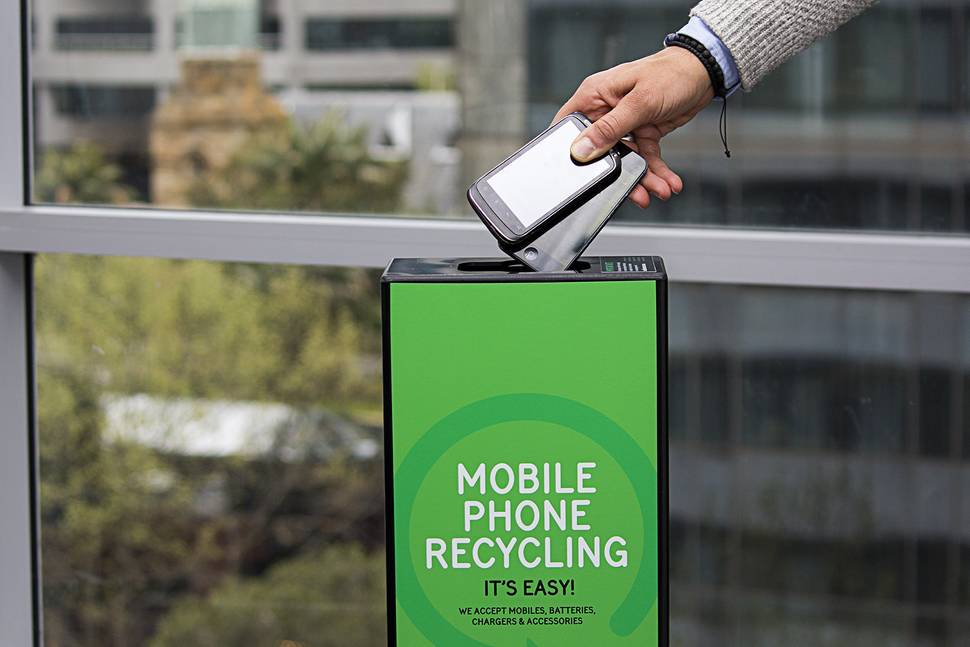
MobileMuster’s Go for Zero challenge aims to recycle every broken or unused phone in Australia.
There are a few ways you can recycle your old phone:
- Find your closest collection point and drop it off for free. There are 3,500 collection points across the country including most Telstra, Optus, Vodafone, Samsung and Officeworks stores.
- Mail it to MobileMuster. You can pick up a free recycling mail satchel from Australia Post or order one from MobileMuster.
- Organisations can sign up to be a collection point or support the Go for Zero challenge by encouraging their staff and community to get involved. Visit Go for Zero to register and download a free starter kit.
On Location
Kurrajong Recycling
The RAMJO Murray Waste Team toured Kurrajong Recycling in Wagga where they process and sell recyclable materials each year from the Murray region, while providing a supported workplace for some staff through NDIS.
Last year, the facility received 22,000 tonnes of recyclable materials from local councils, businesses and the community.
100 Million Cans Recycled in Riverina and Murray region
Riverina and Murray residents recycled a whopping 100 million cans between 2017 and 2020.
If put together, all those cans recycled through the Return and Earn Scheme, would stretch from Sydney to Auckland six times!
The RAMJO waste teams recently toured one of the bulk container deposit scheme facilities in the region.
Run by St Vincent de Paul, the Wagga site offers cage collection, bins for schools and sporting groups, commercial bins for businesses, bag drop services, and services for walk-in customers.
Through the Return and Earn Scheme, the majority of containers between 150ml and 3 litres are accepted and can get recyclers a refund.
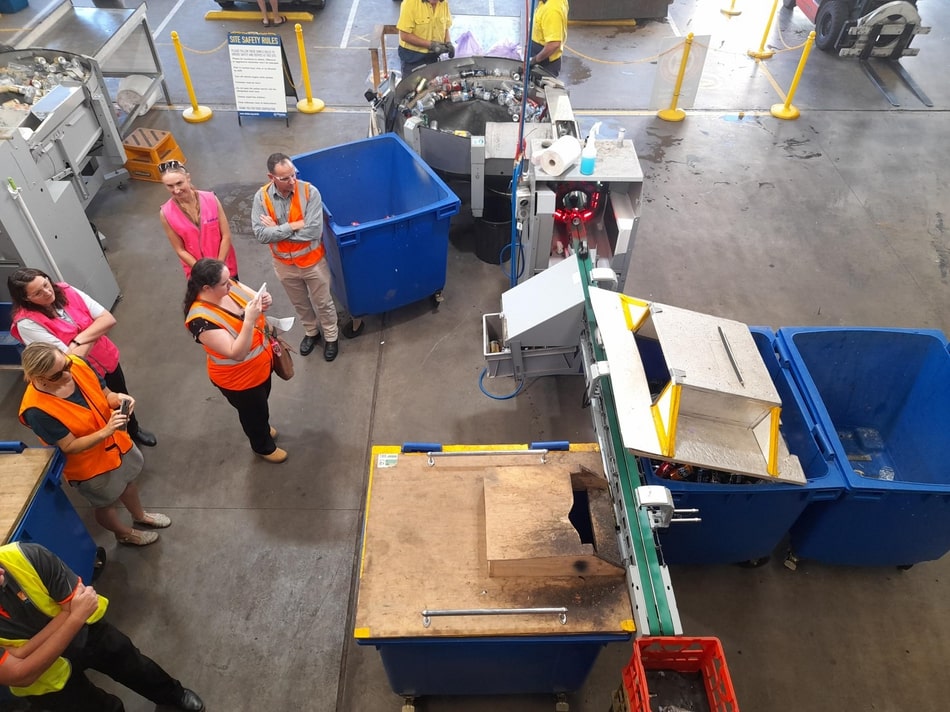
The Murray Waste Group is a collective arrangement of the following councils
Albury City Council, Balranald Shire Council, Berrigan Shire Council, Edward River Council, Federation Council, Murray River Council, Wentworth Shire Council.
The regional group of councils is auspiced by the Riverina and Murray Joint Organisation (RAMJO) and is funded primarily through the Environment Protection Authority (EPA).
